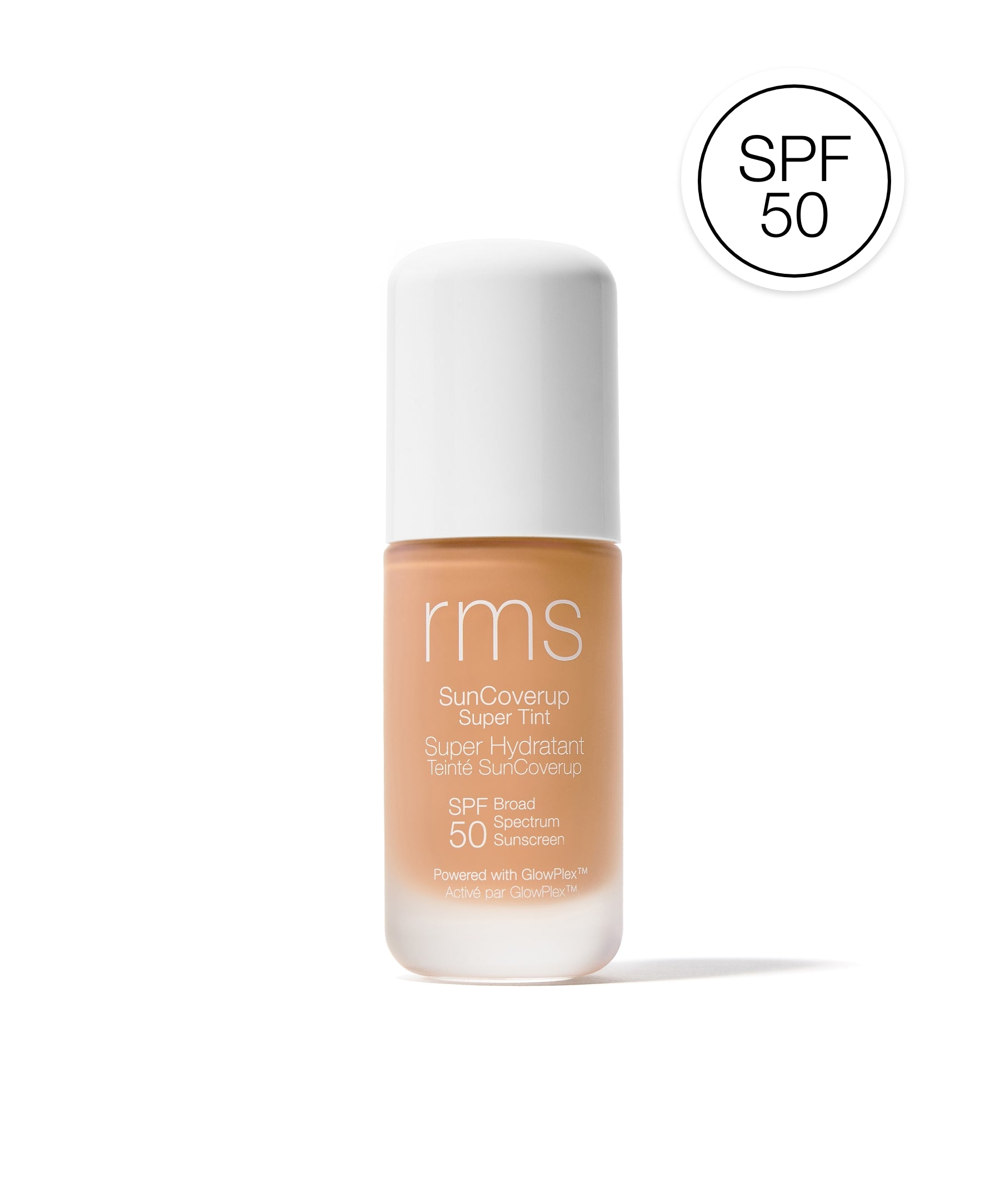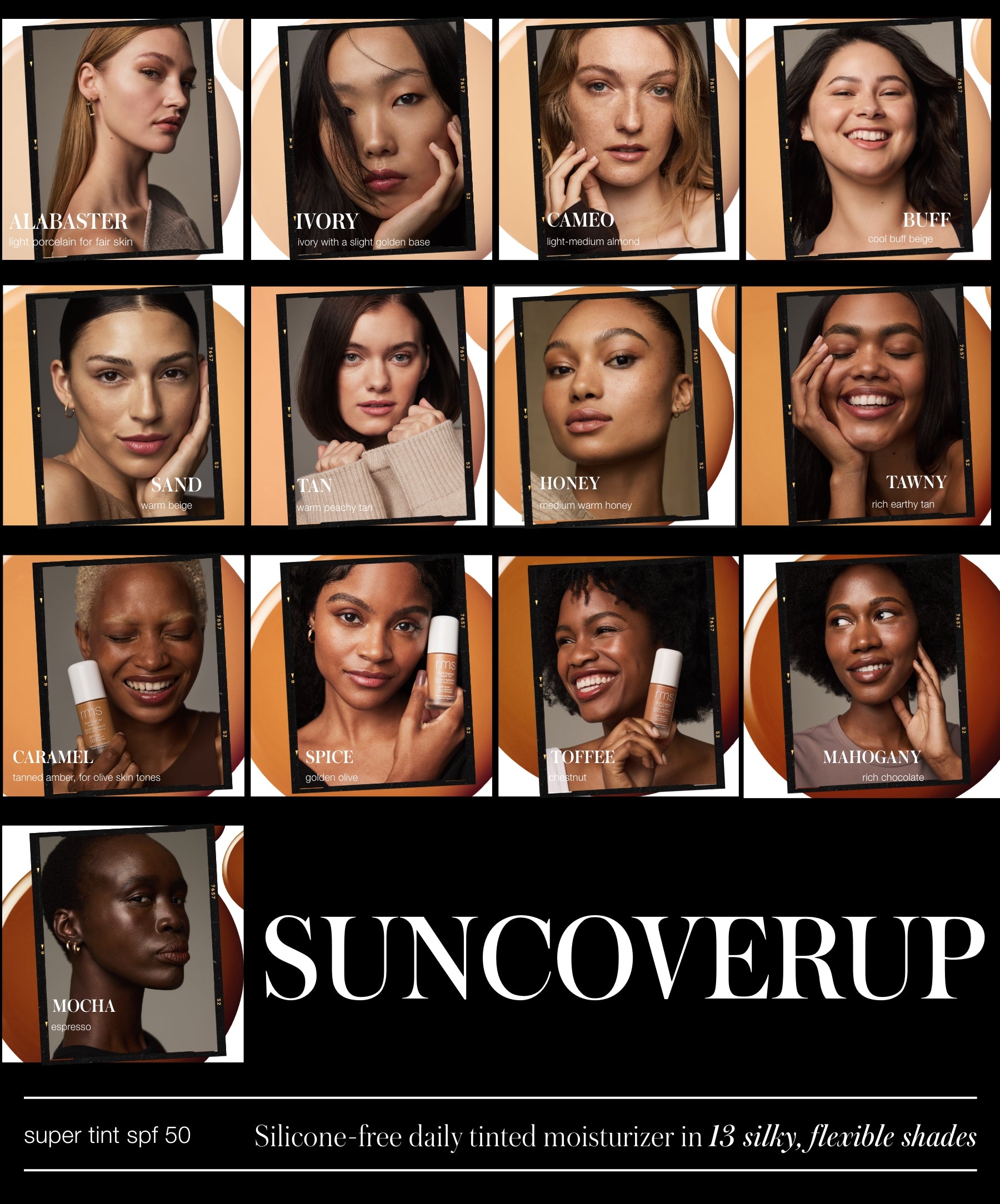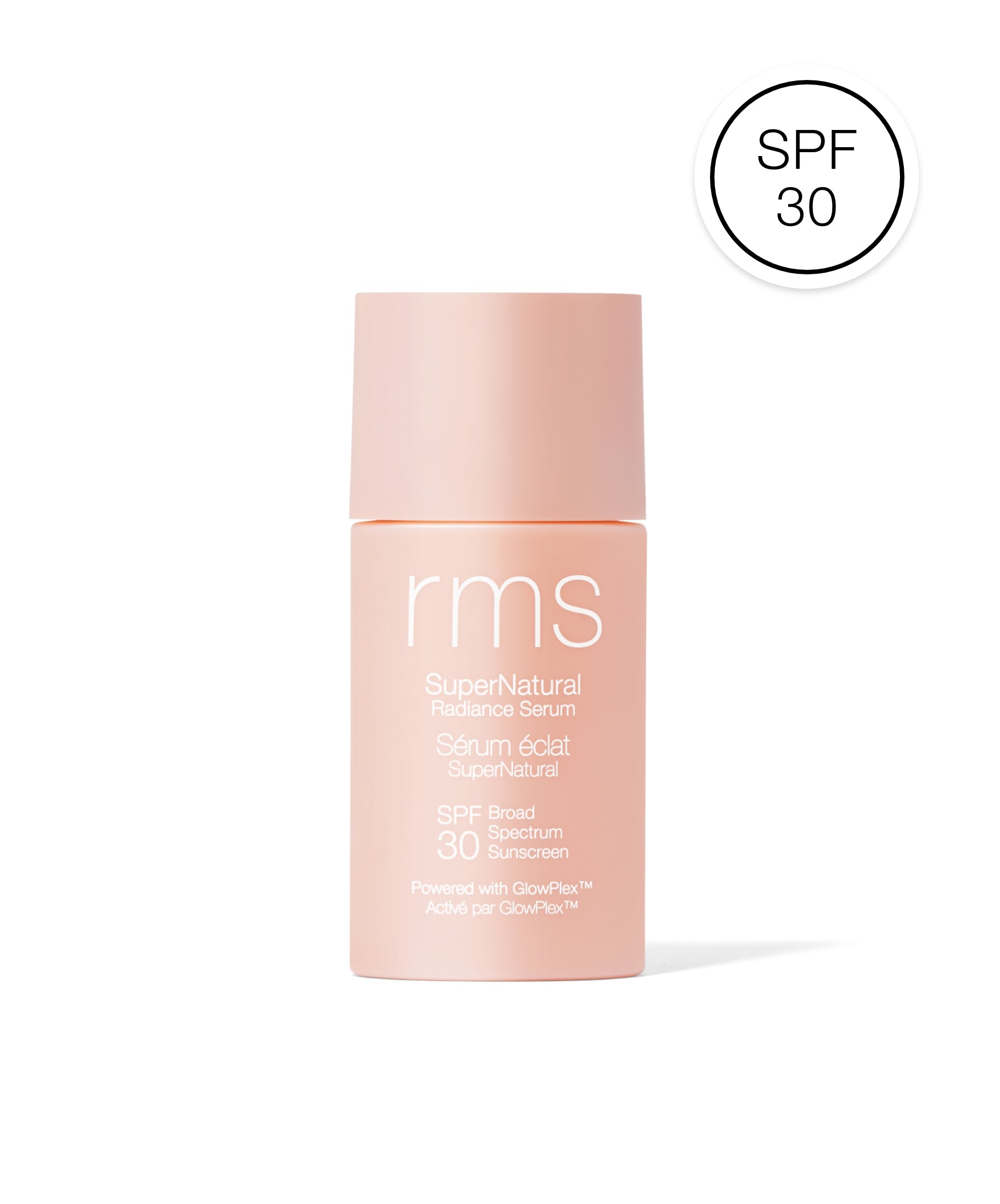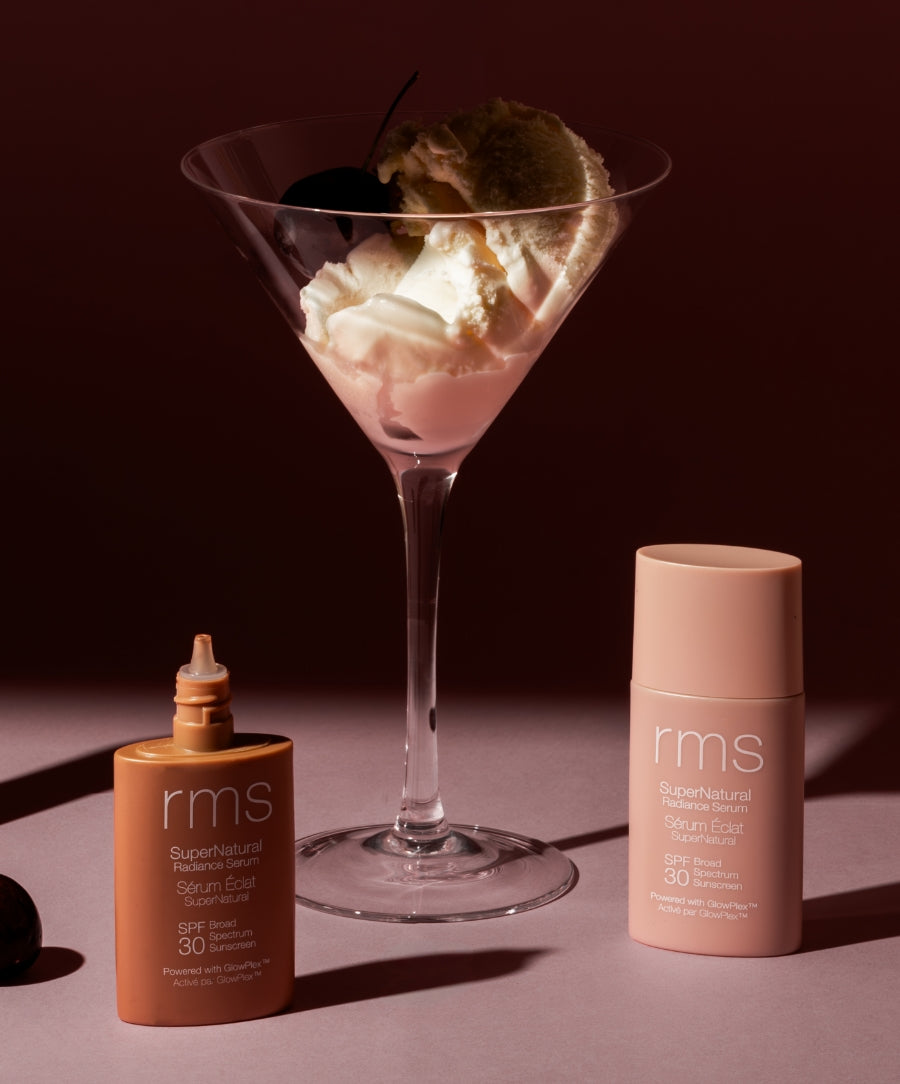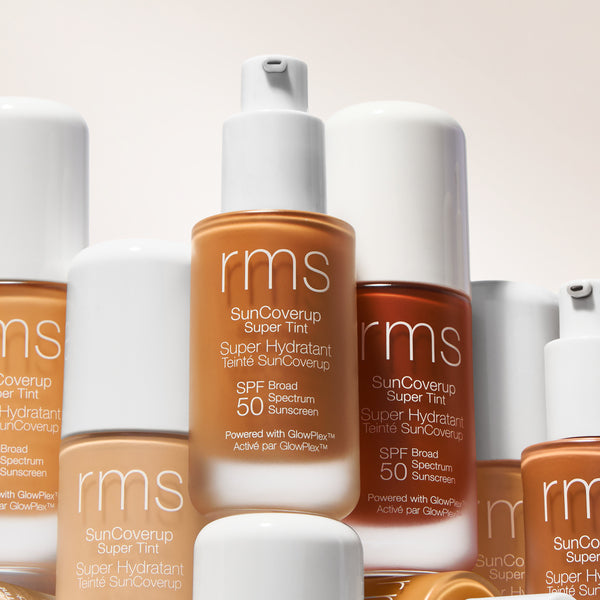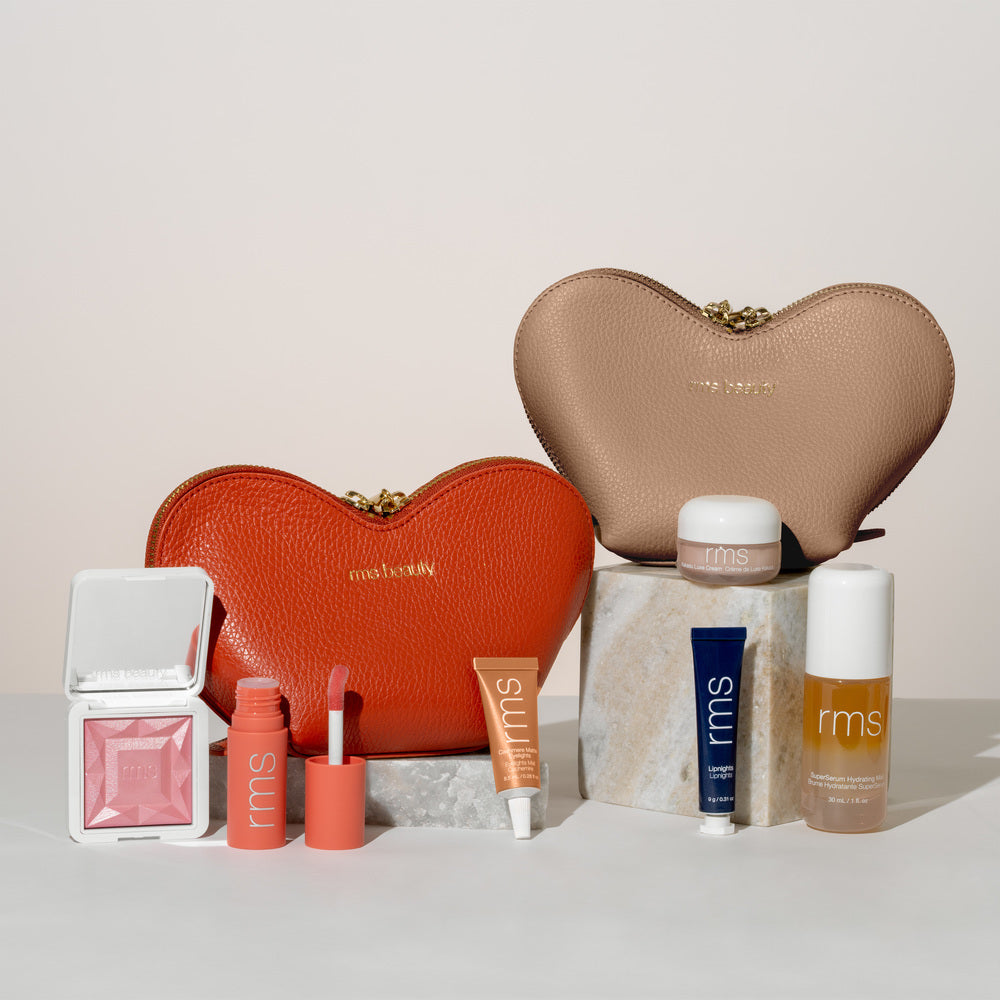A Comprehensive Guide to Comparing Chemical and Mineral Sunscreens

When it comes to protecting your skin from the sun’s harmful rays, sunscreen is your best friend. But with so many options available, it can be challenging to choose the right one for your skin type and lifestyle. On a basic level, there are two primary categories of sunscreen to choose from: chemical and mineral (also referred to as "physical"). Here are the differences between the two and why we choose mineral sunscreens for our formulas.

What is Chemical Sunscreen?
Chemical sunscreens work by absorbing UV rays and transforming them into heat, which is then expelled from the skin. If you're looking for them on an ingredient label, these are some common names to look for: avobenzone, octocrylene, octinoxate, and homosalate.
Concerns with Chemical Sunscreens
-
Potential Irritants: Some chemical sunscreen ingredients can irritate sensitive skin or cause allergic reactions, especially for those with certain skin conditions.
-
Environmental Impact: Certain chemical sunscreen ingredients, like oxybenzone and octinoxate, have been found to harm marine life, particularly coral reefs.
-
Stability Concerns: Chemical sunscreens can sometimes degrade faster when exposed to sunlight, reducing their effectiveness over time.

What is Mineral Sunscreen?
Mineral sunscreens, on the other hand, use inorganic compounds—primarily zinc oxide and titanium dioxide—to create a physical barrier on the skin. This barrier reflects and scatters UV rays, preventing them from ever penetrating the skin. It's literally like a physical barrier on your skin that protects the sun from getting to it.
The Benefits of Mineral Sunscreen
- Gentle on Skin: Mineral sunscreens are less likely to irritate sensitive skin or cause allergic reactions, which is why they're typically preferred for people with rosacea or eczema.
- Broad Spectrum Protection: Zinc oxide provides broad-spectrum protection, meaning it shields against both UVA (the ones that cause aging) and UVB (the ones that cause burning) rays effectively. Titanium dioxide (another mineral option) also offers substantial UV protection, though it’s more effective against UVB rays than UVA.
- Environmentally Friendly: Mineral sunscreens are generally considered more environmentally friendly, with less potential for harming marine ecosystems.
- Stability: Mineral sunscreens have also been found to be less likely to break down or degrade in the sun, ideal for a product that you'll have with you in the sun.
Why RMS Beauty Chooses Mineral Sunscreen
Both SuperNatural and SunCoverup use 100% mineral, non-nano zinc oxide that has been dermatologist tested and is safe for sensitive skin. Zinc Oxide rarely causes irritation on the skin, so it can be used on any skin type—even on those with sensitive skin. They're also both tinted formulas (SuperNatural just a hint while SunCoverup gives more coverage) to mask the white cast and discoloration you often see when using higher concentrations of Zinc Oxide to achieve high SPF values.
How to Choose Between Chemical and Mineral Sunscreen
Choosing between chemical and mineral sunscreen is a personal choice, but for RMS Beauty, we're going to choose mineral sun protection for our SPF products every time. And if you have sensitive skin, are concerned about environmental impacts, or prefer a more natural approach, you might prefer mineral sunscreens too!



